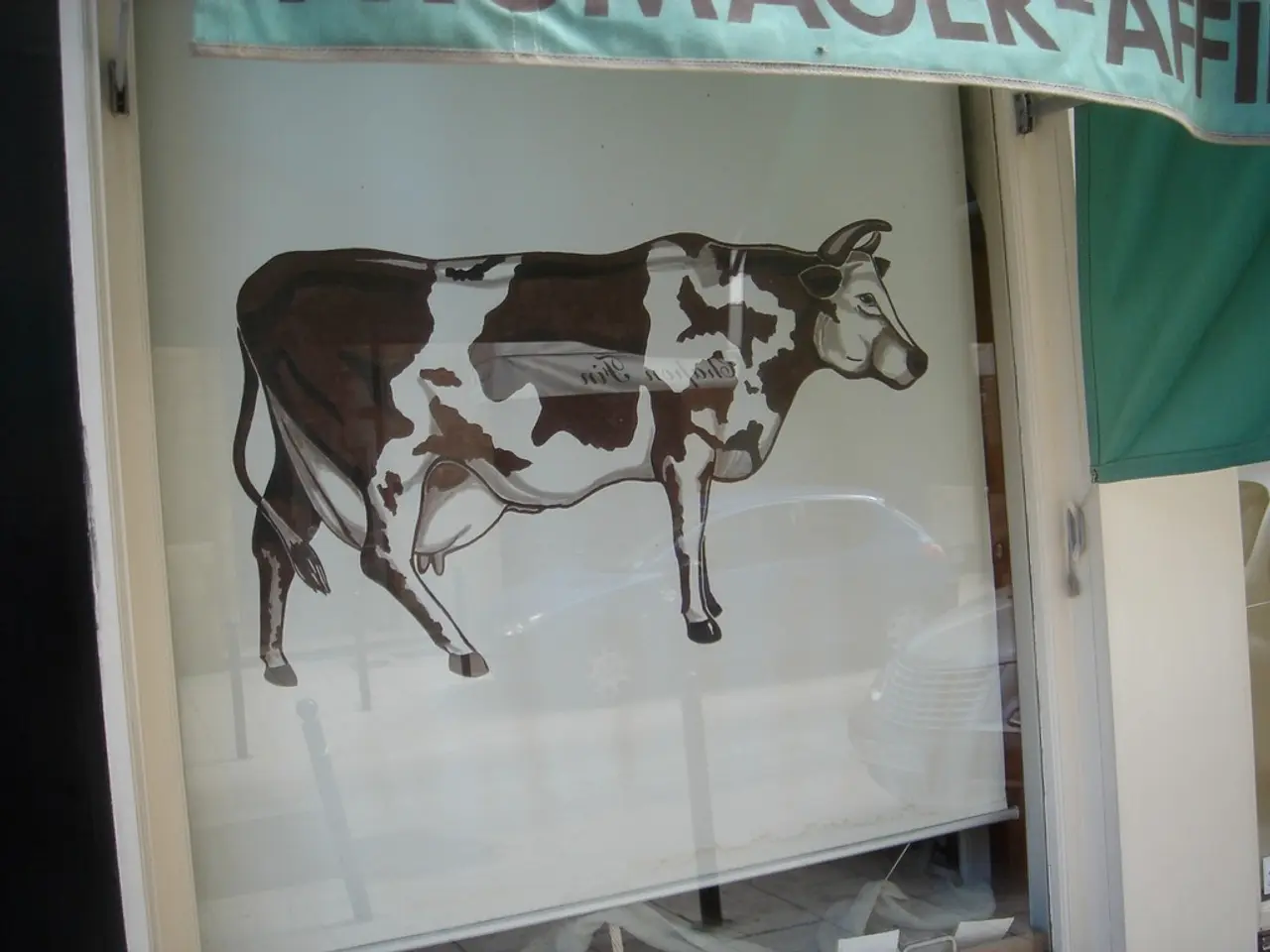Stripe-painted cows resistant to fly bites? Scientists who investigated this receive Ig Nobel award
The 35th annual Ig Nobel prize ceremony took place at Boston University, organised by the Annals of Improbable Research. The event, known for its unique and humorous approach to science, saw an unusual beginning as the audience pelleted the stage with paper airplanes.
Among the winners was a team of Japanese researchers who painted cows with zebra-like stripes to deter flies. Their comical scientific achievement earned them an Ig Nobel Prize. According to the researchers, the painted cows had fewer flies attracted to them and seemed less bothered by the flies.
Tomoki Kojima, one of the Japanese researchers, expressed his delight at winning the prize. "We are honoured to receive this recognition for our work," he said.
Another winner was Francisco Sanchez, a researcher from Colombia, who studied the effects of alcohol on bats. His research, published in 2017, also earned him an Ig Nobel Prize.
The ceremony also featured a mini-opera about gastroenterologists and their patients, and a 24-second lecture section where researchers, including Gus Rancatore, explained their work in a quick and concise manner.
Each winner of the Ig Nobel Prize was given a single hand wipe instead of a big paycheck, reflecting the prize's humorous and unconventional nature.
The Ig Nobel Prizes are awarded annually to ten unusual or trivial projects that, while seemingly insignificant, have made people laugh and then think. This year's ceremony was no exception, with the painted cows and the effects of alcohol on bats providing ample opportunities for both laughter and contemplation.





